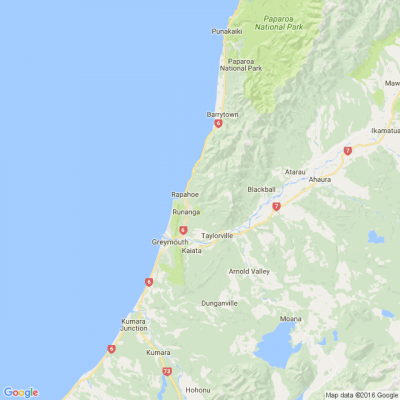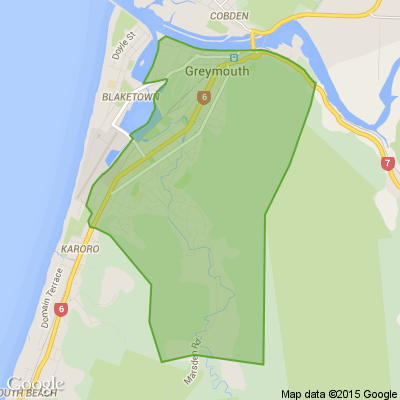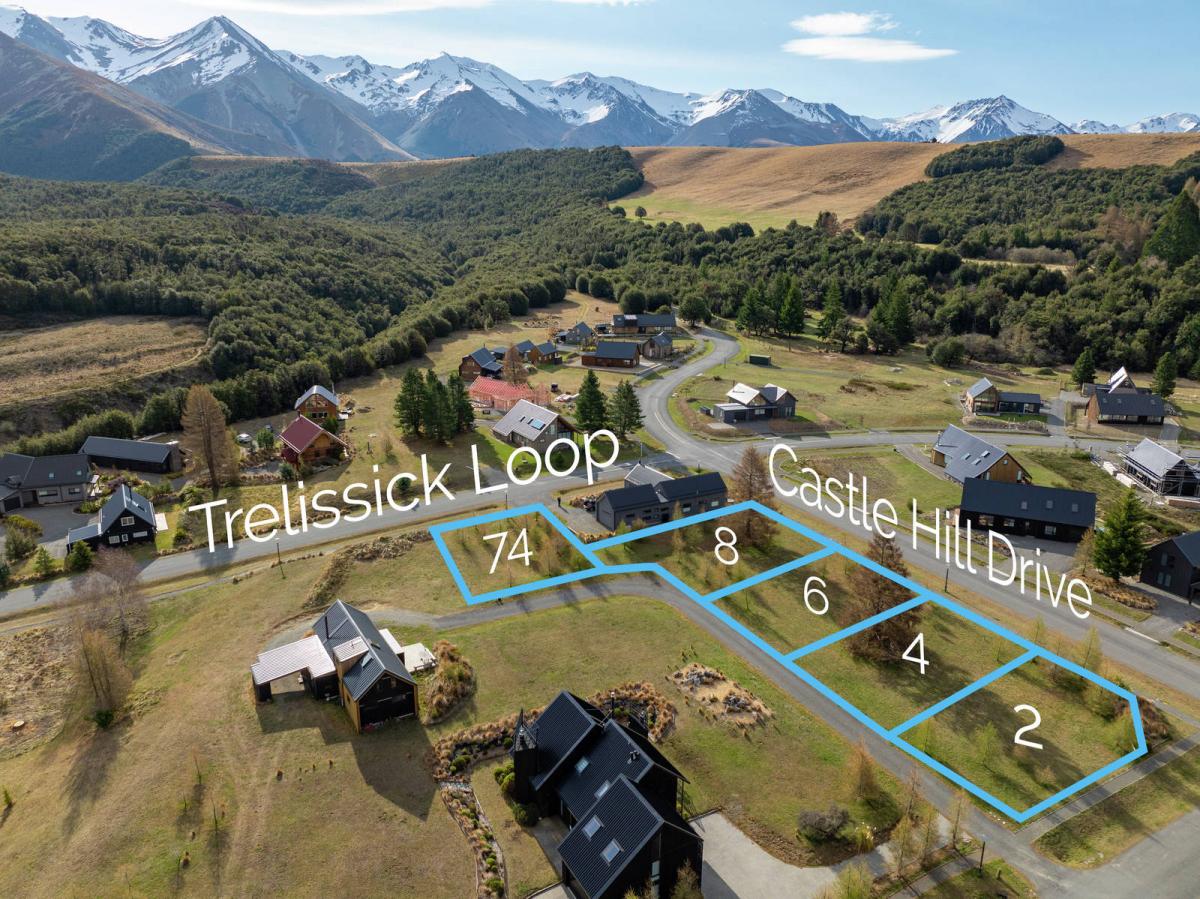Weak positive Covid-19 case on the West Coast
Public health staff are investigating a weak positive Covid-19 test result on the West Coast, the Ministry of Health has confirmed.
Repeat testing is under way to establish whether the Hokitika case is acute or historical, a ministry spokeswoman said.
People who had the virus may continue to shed fragments of it for some weeks after they have recovered, without being infectious to others.
The ministry on Monday evening published a single location of interest, New World Hokitika, “out of an abundance of caution”, she said.
The woman, who is double-vaccinated, is a worker at Besgrow’s Coastpak Sphagnum Moss factory in Hokitika. She tested returned two positive tests after returning from a holiday in the North Island, Besgrow managing director Anthony Washington said.
Besgrow is testing any staff who have recently travelled to the North Island when they return to work, using rapid antigen tests. The woman took the test in her car when she came back to the factory on Monday morning and took a PCR test afterwards, which also came out positive on Monday afternoon, he said.
“We are really happy that everything we have put in place has captured [the case] early and stopped any potential infection in the community,” Washington said.
The person who tested the woman at the factory was in full PPE and is now isolating too, he said.
The company ordered 300 rapid antigen tests before Christmas to cover 25 employees and has just ordered more to continue testing staff returning from locations of interest, Washington said.
It is the first case that has been recorded on the West Coast for 22 months, after a historical case was also confirmed on the coast yesterday. The historical case, who had Covid-19 in the past but had since recovered, was recorded in yesterday’s Ministry of Health official figures. The weak positive case is yet to appear in the official tally.
West Coast District Health Board (DHB) senior responsible officer for Covid-19 Philip Wheble said the DHB had set up additional testing capacity at the Hokitika Health Centre for the next two days.
A pop-up testing clinic is operating at Hokitika Health Centre from 10.30am to 12pm; 1.30pm – 3pm, Tuesday and Wednesday. Testing is free for anyone with symptoms or who has been advised to get tested by public health, but people should phone Healthline to make an appointment, the Ministry of Health said.
Calling All Puzzle Masters! Can You Solve This?
When John was six years old he hammered a nail into his favorite tree to mark his height.
Ten years later at age sixteen, John returned to see how much higher the nail was.
If the tree grew by five centimetres each year, how much higher would the nail be?
Do you think you know the answer to our daily riddle? Don't spoil it for your neighbours! Simply 'Like' this post and we'll post the answer in the comments below at 2pm.
Want to stop seeing riddles in your newsfeed?
Head here and hover on the Following button on the top right of the page (and it will show Unfollow) and then click it. If it is giving you the option to Follow, then you've successfully unfollowed the Riddles page.

Win this brand new home!
Experience the perfect blend of country charm and city convenience in Clarks Beach, Auckland!
For just $15 a ticket, you could win this brand-new, fully furnished Jennian home, valued at over $1 million.
This home offers three bedrooms, spacious kitchen and living areas, and a double garage.
Whether you decide to make it your dream home, a holiday retreat, a rental property or simply sell it, it’s still a life-changing prize.
Don’t wait—get your tickets today at heartlottery.org.nz.

What's your favourite recipe for courgettes?
Kia ora neighbours. If you've got a family recipe for courgettes, we'd love to see it and maybe publish it in our magazine. Send your recipe to mailbox@nzgardener.co.nz, and if we use it in the mag, you will receive a free copy of our January 2025 issue.







 Loading…
Loading…

























